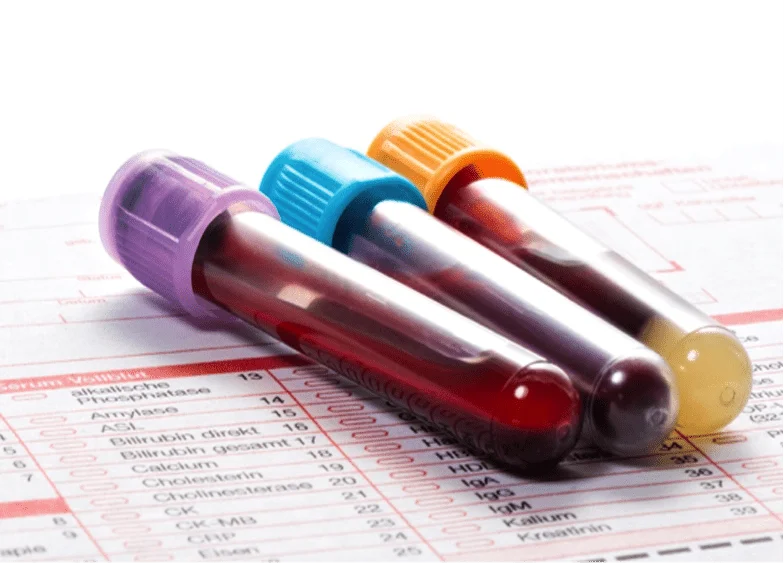For travellers at risk of Deep Vein Thrombosis (DVT), especially during long-haul flights or long periods of immobility, certain blood tests and assessments can help evaluate the risk of blood clots before travel. In addition to DVT risk, a pre-travel blood test can include general screenings to ensure fitness for travel and detect potential health issues.
Blood Test Cost – £249
DVT Pre travel Blood Tests for DVT Risk:
- Thrombophilia Screening:
- Purpose: Identifies genetic or acquired conditions that increase the risk of abnormal blood clotting (thrombophilia).
- Tests Include:
- Factor V Leiden Mutation: A genetic mutation that increases the risk of blood clots.
- Prothrombin Gene Mutation (G20210A): Another genetic risk factor for clots.
- Why It’s Important: If an individual has a family history of clotting disorders or has experienced unexplained blood clots in the past, thrombophilia screening may be done to assess DVT risk.
- Anticardiolipin Antibodies
- Purpose: Elevated levels of these antibodies, particularly if persistent (over 12 weeks), can indicate a diagnosis of antiphospholipid syndrome or related conditions.
- Why it’s Important: High levels of anticardiolipin antibodies increase the risk of abnormal blood clots in both arteries and veins, which can lead to life-threatening complications like stroke, heart attack, or pulmonary embolism.
General Pre-Travel Blood Tests:
In addition to the DVT-specific blood tests, routine tests may be done to ensure travellers are in good health before heading to regions with limited access to medical care.
- Full Blood Count (FBC):
- Purpose: Provides an overview of your general health, including red and white blood cell counts, haemoglobin, and platelets.
- Why It’s Important: Ensures there are no underlying infections, anaemia, or other blood-related conditions that could complicate travel.
Why Are These Tests Important for DVT and Travel?
- DVT Risk: Long periods of immobility, such as on long-haul flights, can increase the risk of DVT, especially for individuals with pre-existing risk factors like clotting disorders, recent surgery, or pregnancy.
- Medications: Travelers on blood thinners (e.g., warfarin) need to ensure their medication levels are stable before travel. Tests like INR can help determine if the dosage needs adjustment.
- Fitness for Travel: The pre-travel health check ensures that travellers with underlying health conditions are stable and prepared for travel.
Preventing DVT During Travel:
- Compression Stockings: Help improve blood flow and reduce the risk of clots in the legs during long flights or travel.
- Stay Hydrated: Dehydration can increase the risk of clotting, so staying hydrated is essential.
- Movement: Try to move or stretch every hour or two during long flights or drives to keep blood circulating.
In summary, pre-travel blood tests for DVT risk focus on assessing clotting factors, existing clotting disorders, and general health to ensure safe travel. These tests are particularly relevant for travellers at increased risk due to factors such as age, family history, or medical conditions.
Results – 5 days from Laboratory receiving sample







